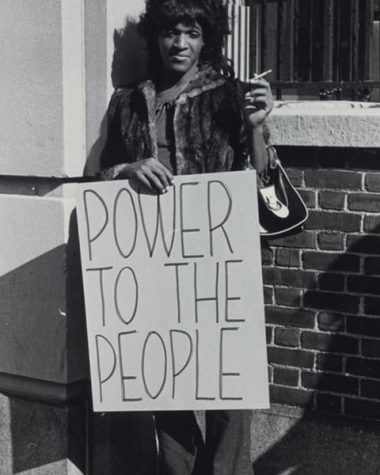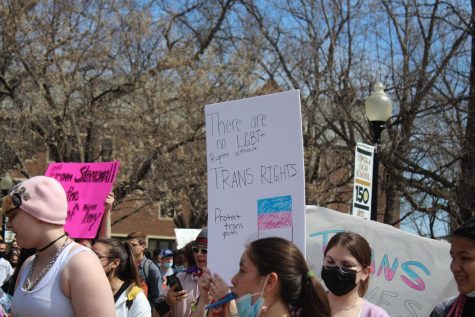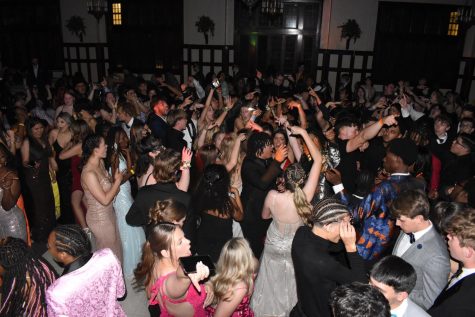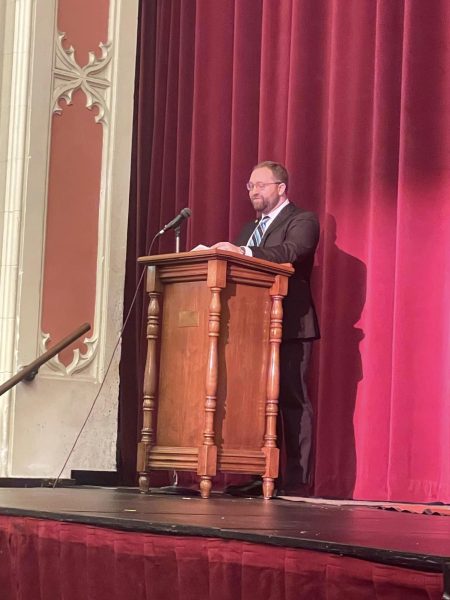Transgender Day of Visibility
International Transgender Day of Visibility is an annual event occurring on March 31. TDOV is dedicated to celebrating transgender people and raising awareness of the discrimination faced by transgender people worldwide. TDOV is also a celebration of their contributions to society.
Transgender Day of Visibility was founded by Rachel Crandall, a licensed psychotherapist. She founded it in 2009 in reaction to the lack of LGBTQ+ days of recognition for the successes achieved by transgender people and in frustration that the only well-known transgender-centered day of recognition was the Transgender Day of Remembrance.
TDOV is a day of empowerment, celebrating the lives and achievements of transgender and gender-expansive people in the community.
As of right now, there have been 489 proposed anti-trans bills across 47 states. 25 have passed, 43 have failed, and 421 are still active.
GOP-led Kansas Legislature votes to ban transgender athletes from girls’ and women’s sports. The bill would require students in Kansas to be assigned to male and female sports teams based on biological evidence at birth, including a person’s genitalia, chromosomes, or reproductive potential. Among 41,000 girls competing in Kansas high school athletic events, only three are known to be transgender. The new bill would forbid the National Collegiate Athletic Association, Kansas State High School Activities Association, and any other accrediting organization or governmental entity from taking action against an institution maintaining separate sports programs based on gender. Governor Laura Kelly vetoed the bill for the third time. The legislation was among a series of bills introduced this session to ostracize LGBTQ individuals.
Others included Senate Bill 233, which would block physicians from performing gender identity surgery on minors, and Senate Bill 180, which would restrict the definition of “female” to people with biological reproductive systems.
While the events of the Stonewall Riots that sparked the fight for LGBTQ+ liberation get some attention. Many forget that the movement was led by trans women of color.

According to LGBTQ legend, it was Marsha P. Johnson, a black transgender woman, who threw the first brick at the Stonewall Inn 54 years ago, sparking the modern gay liberation movement. Johnson, along with a fellow transgender woman Sylvia Rivera, who was of Puerto Rican and Venezuelan heritage, became inspirational leaders of the movement. Starting June 28, 1969, when lesbian, gay, bisexual, transgender, and other queer people fought back against harassment.

To protest these bills and others like them, there will be a march held on March 31st at the capitol building. The gathering starts at 4:30 at the capitol building at the intersection of 8th and Van Buren and then at 5:00 pm speakers will talk about their queer and trans experience in Kansas. At 5:30 pm the march starts and the march will end at 7:00 pm.
“This march is about youth. It is queer young people showing legislators that we have a voice and that we exist and that we deserve autonomy. That we are here and we want to live.” GSA vice president Kaemyn Kebert (11)
“The anti-trans laws across the nation are really bad and it is something we need to recognize and fight against.” GSA secretary Madeline Holter (11)










